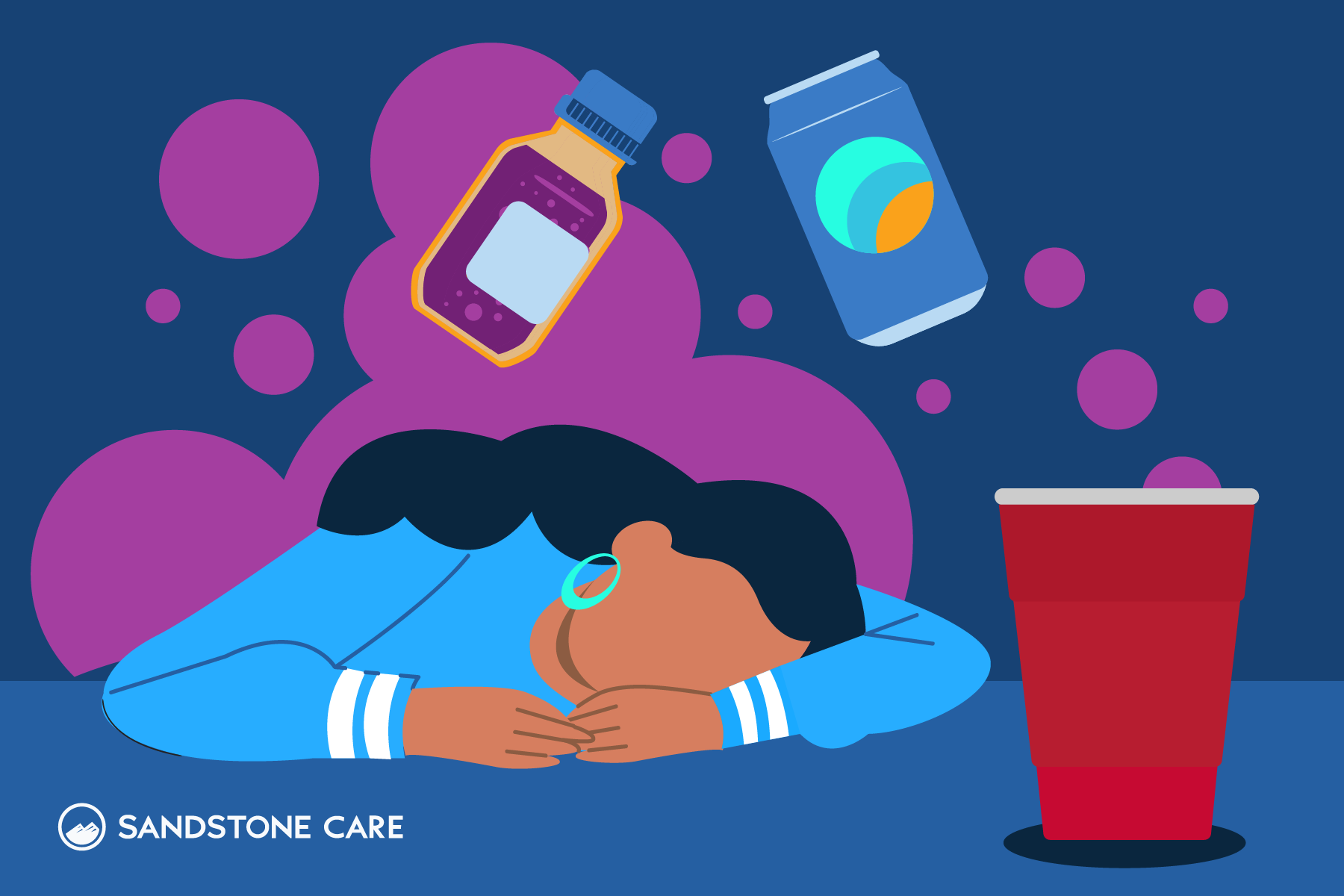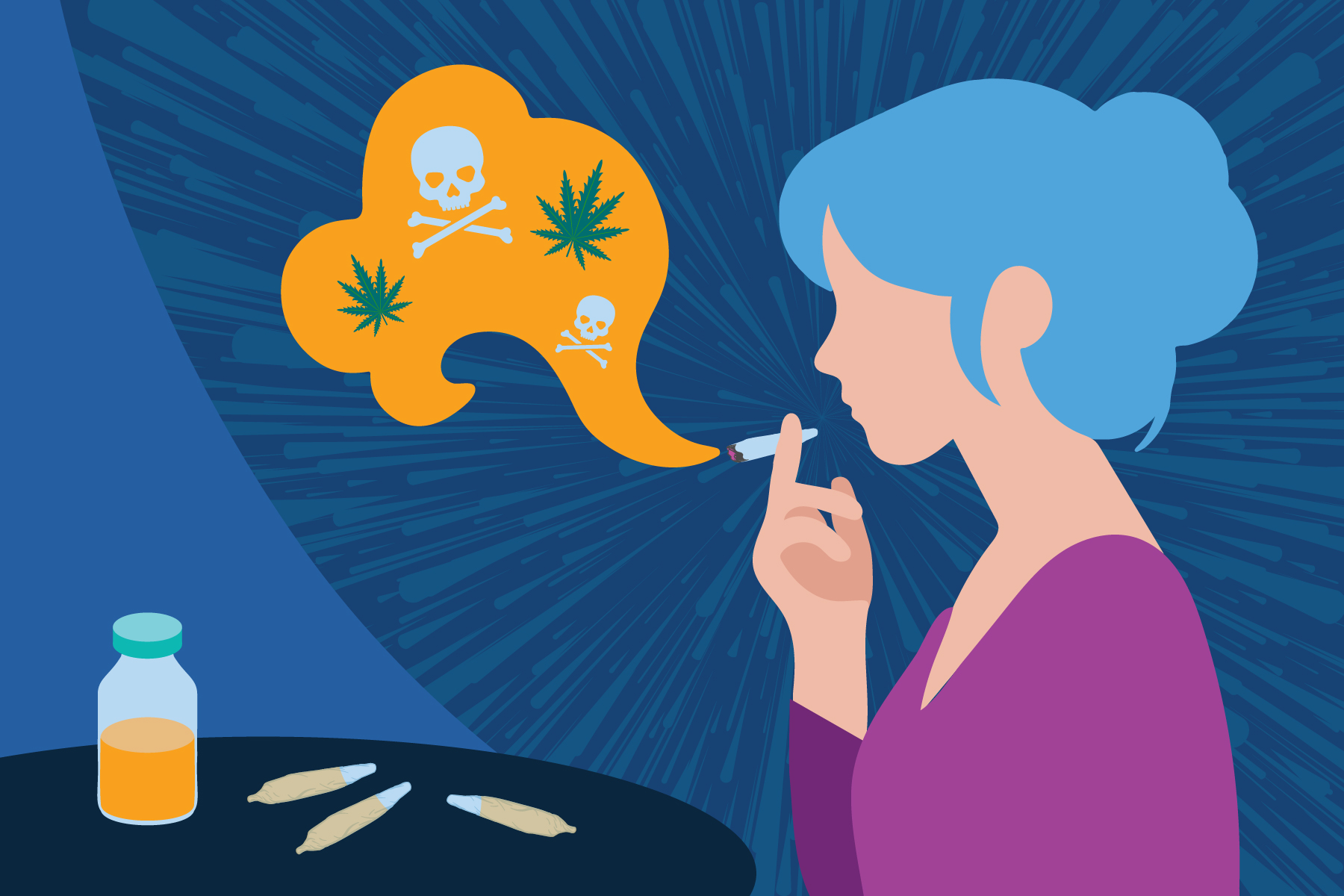SYNTHETIC CANNABINOID ABUSE
Synthetic cannabinoids are chemicals that are similar in some ways to marijuana, but are often more addictive and more dangerous. Synthetic cannabinoids are included in products such as K2 and Spice. These and similar products are sold at gas stations, novelty stores and websites, usually misleadingly labeled as potpourri, herbal supplements or incense.
Although synthetic cannabinoids have been banned as drugs, they’re still available and widely used. Many users believe they’re safer than marijuana, but that’s simply not true. In many cases, they’re more potent and more dangerous. Also, because they’re unregulated, batches are highly inconsistent, with some bring much more dangerous and addictive than others.
Names and Brands of Synthetic Cannabinoids
Synthetic cannabinoids appear mainly in two products:
- Plant material that has been sprayed with chemicals. This product is known as fake weed, legal weed or synthetic marijuana. This form of the drug is sometimes packaged as potpourri and incense.
- Bottles of the liquid form, which can be vaporized and inhaled in vape pens, e-cigarettes and other devices. The liquid form of synthetic cannabinoids can also be known as herbal or liquid incense.
Products containing synthetic cannabinoids also are known by or sold under the following brand names, among many others:
- Black Mamba
- Bombay Blue
- Genie
- Joker
- Kush
- Kronic
- Maui Wowie
- Spike
- Zohai
How Synthetic Cannabinoids are Used
People ingest synthetic cannabinoids in several ways. The most common way of ingestion is smoking plant material sprayed with the drug in a pipe or a joint. Some users brew the plant material as tea. The liquid form of the drug is usually vaporized and inhaled through an e-cigarette or a similar device.
Effects and Risks of Synthetic Marijuana
Synthetic cannabinoids are mind-altering, psychoactive substances. As such, they have similar effects on the brain similarly to THC, the psychoactive ingredient in marijuana. Since synthetic cannabinoids are often more powerful than marijuana, they’re more likely to cause negative effects like irrational or delusional behavior, severe intoxication and even death.
In addition, synthetic cannabinoids are usually produced in illicit chemical labs, so the exact chemical composition varies with each batch. Some batches of synthetic marijuana have extremely dangerous and deadly effects. Synthetic cannabinoids produce effects similar to those of marijuana. The marijuana-like effects of synthetic cannabinoids can include:
- Relaxation
- Euphoria (feelings of pleasure)
- Heightened awareness/perception
But users may also experience confusion, delusional thinking, hallucinations, severe anxiety, suicidal thoughts and paranoia. People high on these drugs have been violent at times.
In addition, synthetic cannabinoids can cause rapid heart rate, high blood pressure, seizures, and kidney damage. They have also caused death.
Another severe risk of synthetic cannabinoids is addiction. With repeated use, users develop tolerance and begin to need more of the drug in order to feel its effects. At that point, users may experience withdrawal symptoms if they don’t have the drug. These symptoms can include irritability, insomnia, headaches, anxiety, and depression.
Signs of Addiction to Synthetic Cannabinoids
If you suspect someone is struggling with addiction to fake weed, synthetic marijuana or another form of synthetic cannabinoids, here are some warning signs to watch for:
- Suddenly acting more hyperactive, lethargic, depressed, angry or aggressive
- Carrying drug paraphernalia such as bongs, lighters, vape pens or rolling papers
- Loss of interest in school or other activities
- Spending time with peers who use drugs
- Secretive behavior: Avoiding questions about where they’ve been or what they’ve been doing
- Stealing cash or carrying extra cash without explanation
- Packaging for synthetic cannabinoid products such as K2, or for “incense” or “herbal supplements” that could contain synthetic cannabinoids
What to do if Your Child is Abusing Synthetic Cannabinoids
Synthetic cannabinoids are highly dangerous, unstable substances that can cause severe psychotic episodes in addition to a host of other unknown effects. If your child is experimenting with them, it’s crucial to educate them on the dangers and help them stop as soon as possible.
The youth-specialized addiction professionals at Sandstone Care have extensive experience treating synthetic cannabinoid use in teens and young adults. Give us a call anytime for advice and support at (888) 850-1890.




